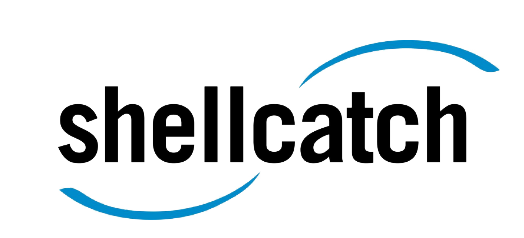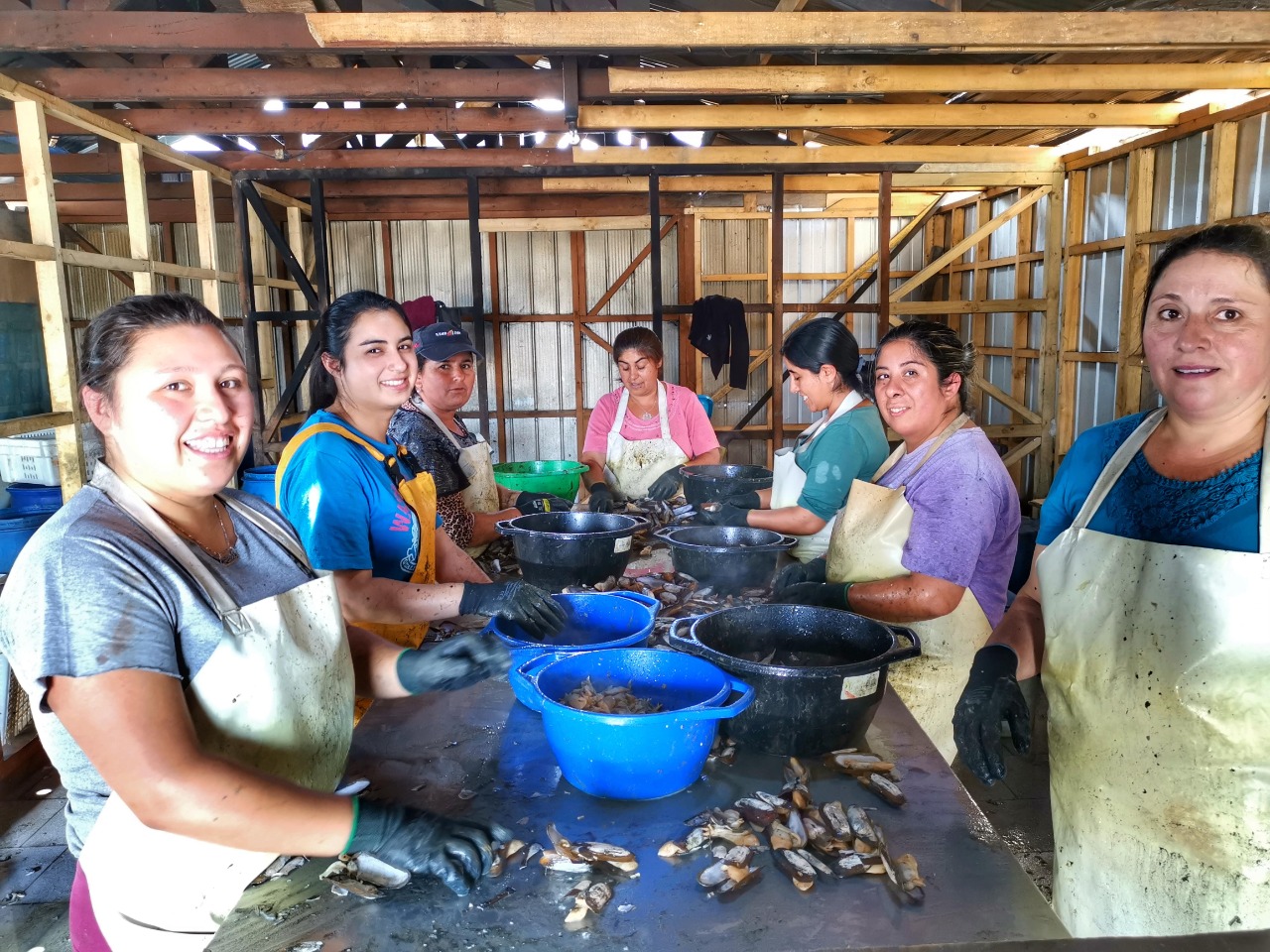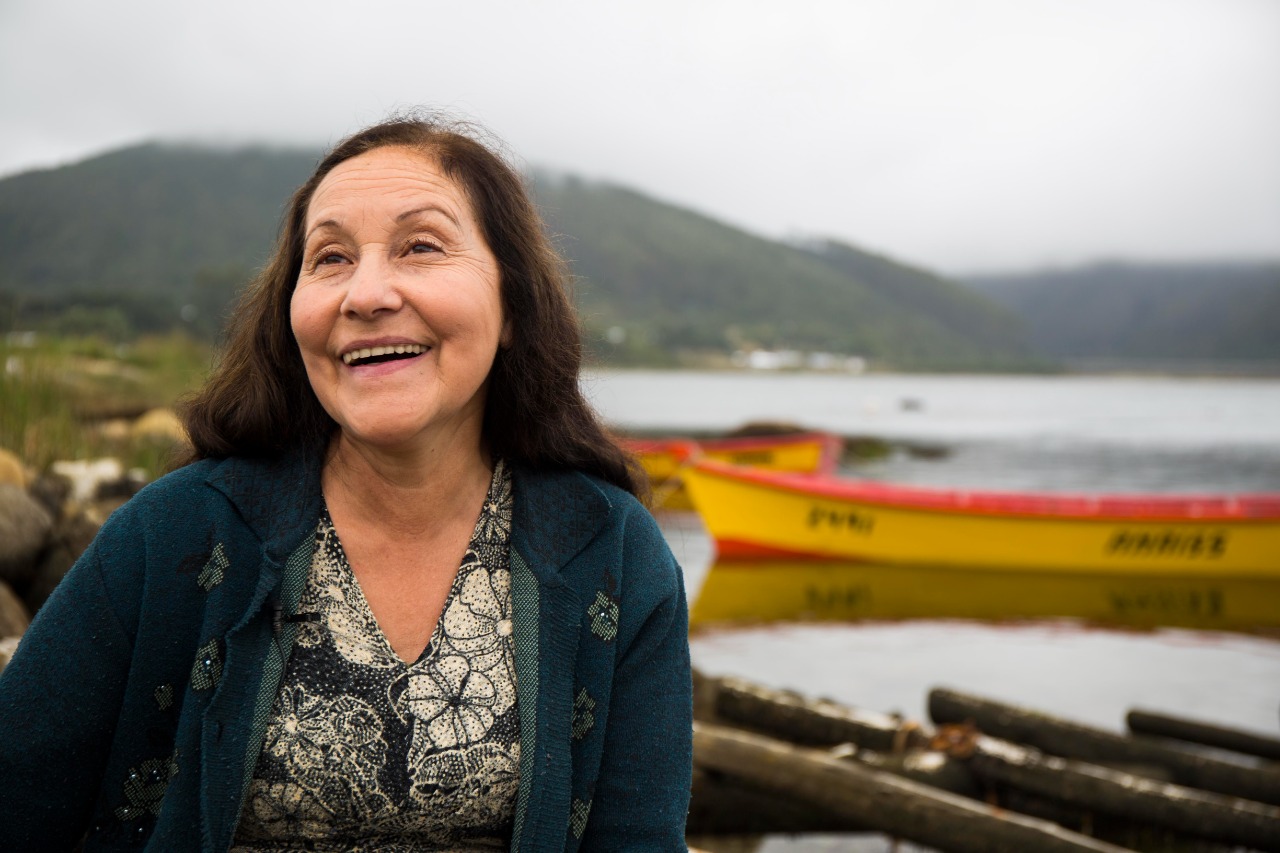According to FAO data, globally, fisheries and aquaculture provide direct employment to some 200 million people. 70% work in the small-scale artisanal fishing sector, where women represent close to 50% of the workforce dedicated to capture fisheries and aquaculture in the world. In Latin America, the percentage drops to 30%.
The participation of women in the fishing sector is vital for the value chain since they assume critical functions such as the provision of inputs, preparation of fishing gear, extraction and cultivation, primary and secondary processing and also marketing.
However, FAO highlights that this workforce is not reflected in the available statistical information because information has been differentiated by sex. Likewise, there is a limited focus on extraction and production tasks that do not address in depth the different links in the fishing chain where women also participate.
The reduced participation of women in fishery organizations is a major limitation. Fisherman’s organizations have had a predominantly male trajectory and the opening of these spaces for women has been slow, not only because of the exclusionary dynamics of the organization, but also because the women themselves do not recognize themselves as capable or motivated to enter these spaces.
Gender inequalities do not facilitate the full participation of women in economic opportunities and in decision-making restricting their potential and contribution. This low participation in turn generates a limited understanding of their needs and interests in development policies and programs. For this reason, it is urgent to visualize the inequalities that relegate women and to incorporate a gender perspective in the challenges of artisanal fishing and the conservation of marine resources.
Given this context, it is extremely important that all public and private actors that participate in fishing activity can highlight and enhance the role of women within the production chain and in projects to support artisanal and aquaculture fishing, which will improve the economy and quality of life of fishing communities.
It is for this reason that we consider it necessary to recognize the important work of female workers, environmental activists and government leaders who work in the fishing sector. With their contribution, it has been possible to progress and open spaces for direct participation for women. We invite you to know them:
Joanna Alfaro: She has dedicated her life to artisanal fishing and is a global leader in environmental issues. Environmental impact entrepreneur, founder of Prodelphinus combining fishing data technology and the real reduction of incidental fauna, including turtles, dolphins and others. https://www.prodelphinusperu.org/
Carmen Ravenga: Global leader with more than 20 years of experience, she currently works at The Nature Conservancy (TNC) where she heads the priorities program for the Conservation of Sustainable Fisheries. It actively works to link science with management policies for coastal and freshwater marine resources. https://www.nature.org/en-us/
Alicia Gallardo: Government leader, Undersecretary of Fisheries, Chile. It has facilitated and supported different programs for the development of artisanal fishing and the participation of women. https://www.subpesca.cl/portal/617/w3-article-109619.html
Aimee Leslie: Global player in the protection of Cetaceans, promoter of the electronic blogging systems, and is currently director of the marine program in WWF Peru. https://www.wwf.org.pe/wwf/nuestro_equipo_/
Janelle Chanona: A leader capable of transforming Belize into a Central American example of technology fishing. Her charisma allows her to lead complex public and private efforts to achieve her environmental goals. https://oceana.org/about-oceana/people-partners/executive-committee/janelle-chanona
Layla Osman: She has developed global perspectives linking science and learning networks to identify, test and develop new scopes, which allow for the improvement of the conservation of the environment and its people. Her work is closely related to artisanal fisheries, coastal marine ecosystems, marine conservation and fisheries management. https://www.linkedin.com/in/layla-osman-3713aa12/?originalSubdomain=cl
Damaris Delgado: She managed to pilot, execute and legalize the electronic registry of more than 90% of the artisanal fishing fleet in Puerto Rico. https://www.linkedin.com/in/damaris-delgado-44706883/?originalSubdomain=pr
Nina Pardo: She is a true “Role Model” in private-public-artisanal management to generate sustainability. Perhaps one of the most influential people in Peruvian fishing to make arrangements between the private sector and fishing. Founder of H2oceans and senior advisor of EDF calls for excellence in the field in sustainable development https://h2oceanos.org.pe/
Alejandra Arellano: Governmental Leader, Director of artisanal fishing of the National Fisheries Service (SERNAPESCA), Chile. She has facilitated and supported different programs for the development of artisanal fishing. https://www.linkedin.com/in/alejandra-arellano-molina-5aa123141/?originalSubdomain=cl
Guadalupe Alarcón Prada: Specialist in project management in sustainable development issues is an important voice for female entrepreneurship and climate change in Peru. https://www.linkedin.com/in/guadalupealarconp/?originalSubdomain=pe
Grace Unda: Galapagos Fisheries Leader and now delegated by the fisheries sector to the Galapagos Governing Council. https://www.linkedin.com/in/grace-unda-244573b8/?originalSubdomain=ec
References
1. FAO, 2020. Estas son las mujeres que revolucionan el sector pesquero del Perú. http://www.fao.org/fao-stories/article/es/c/1309179/
2. FAO, 2016. El rol de la mujer en la pesca y acuicultura en Chile, Colombia, Paraguay y Perú. Integración, Sistematización y Análisis de estudios nacionales. Informe final. http://www.fao.org/3/i5774s/i5774s.pdf
3. FAO, 2016. Nota de política. http://www.fao.org/3/i5731s/i5731s.pdf
4. WWF,2019. Visión sobre las mujeres y la pesca artesanal en Chile. https://bit.ly/3y7iQd2
- Share





